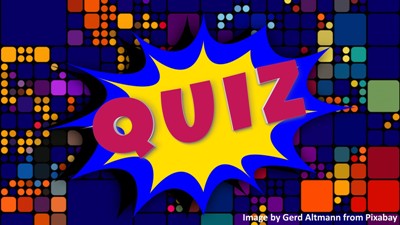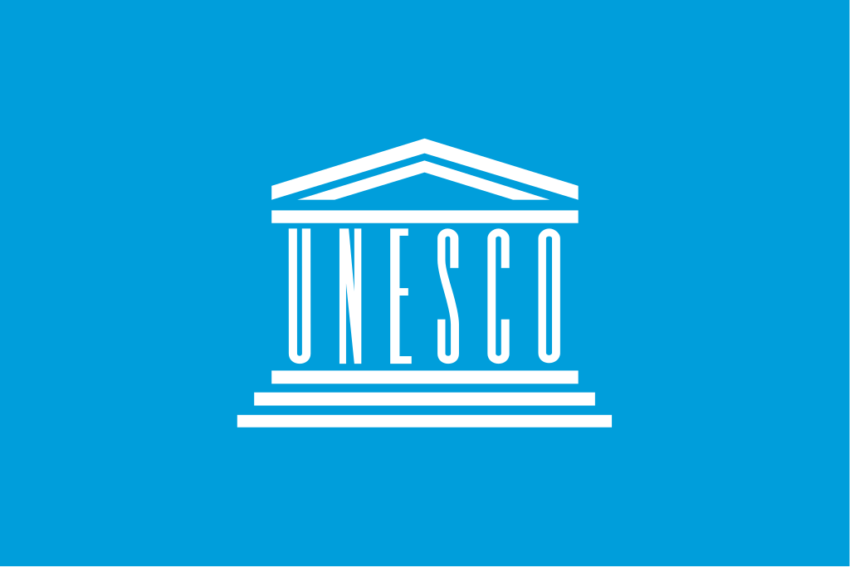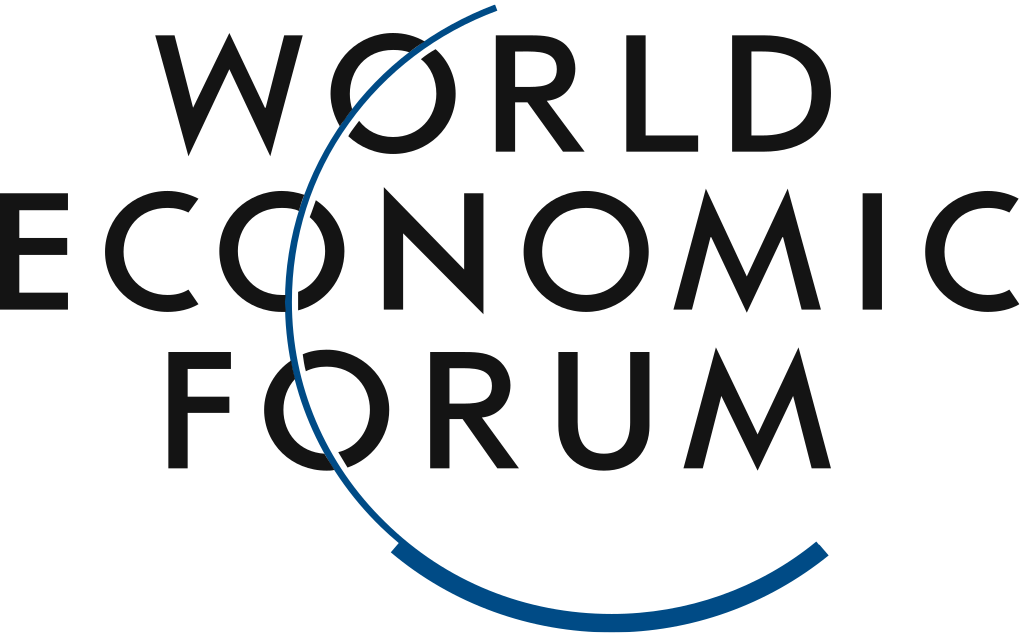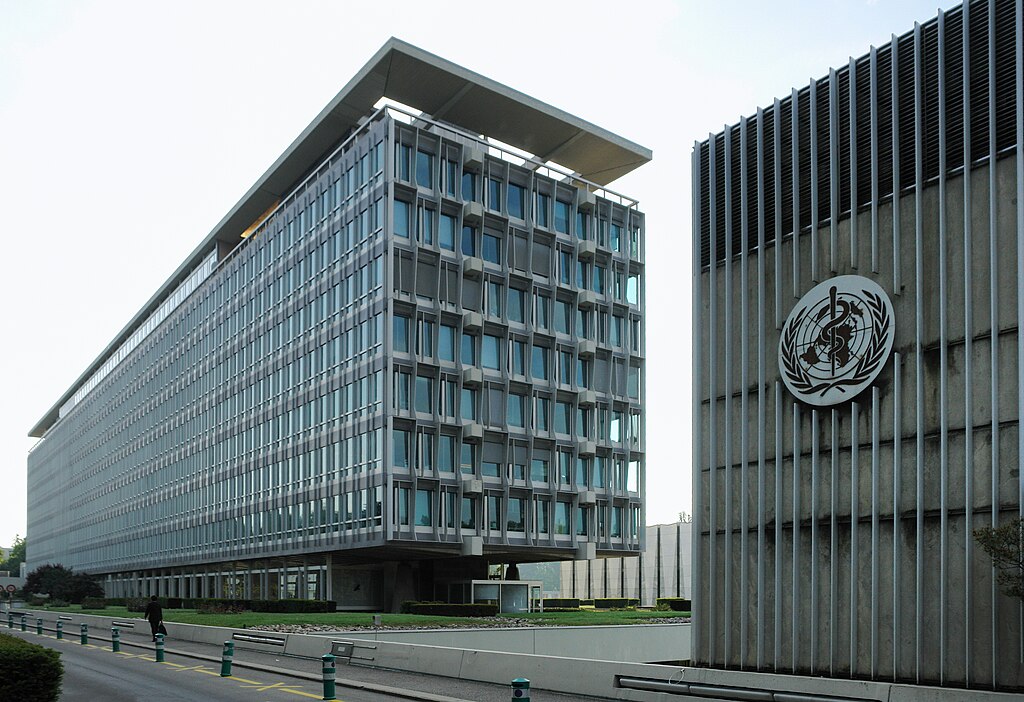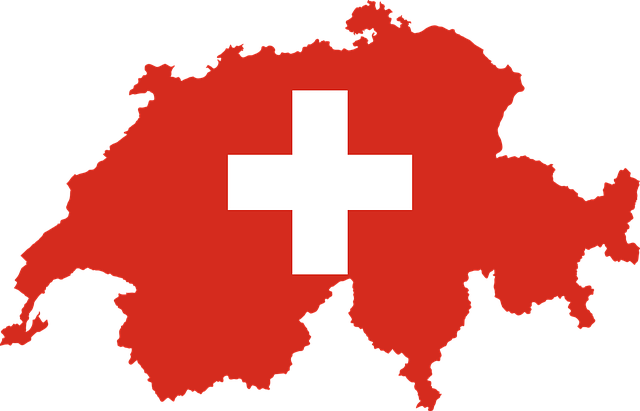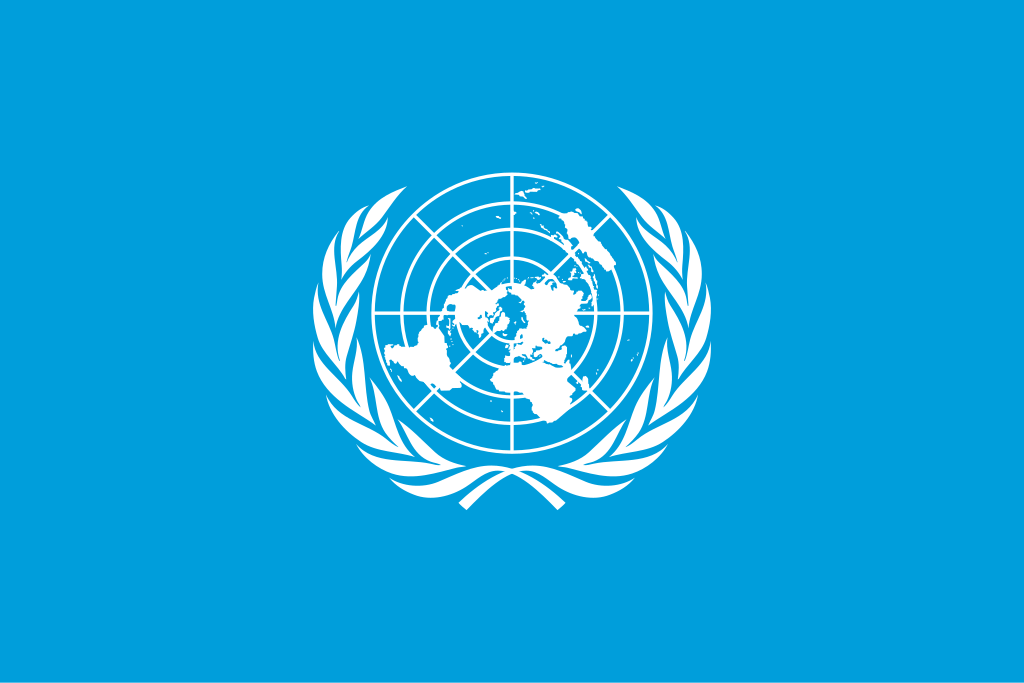United Nations Educational Scientific and Cultural Organisation Quiz Questions
1. When was UNESCO founded?
(a) 1942
(b) 1945
(c) 1948
(d) 1951
2. Where is the headquarters of UNESCO located?
(a) New York City, USA
(b) Paris, France
(c) London, England
(d) Geneva, Switzerland
3. Which of the following is NOT a primary focus of UNESCO?
(a) Education
(b) Science
(c) Culture
(d) Global health
4. UNESCO designates World Heritage Sites. What is the criteria for this designation?
(a) Natural beauty only
(b) Cultural significance only
(c) Outstanding universal value
(d) Economic importance
5. UNESCO plays a crucial role in promoting international cooperation in which field?
(a) Military
(b) Economics
(c) Education
(d) Agriculture
6. What is the UNESCO Courier?
(a) A scientific journal
(b) A monthly magazine about culture and education
(c) A news channel
(d) A social media platform
7. UNESCO supports the development of early childhood education through which initiative?
(a) Education for All
(b) Early Childhood Care and Education
(c) Global Action Plan for Education
(d) Lifelong Learning
8. UNESCO’s Memory of the World Register aims to preserve what?
(a) Important documentary heritage
(b) Endangered languages
(c) Traditional crafts
(d) Archaeological sites
9. UNESCO has been involved in efforts to protect journalists and promote freedom of expression through which program?
(a) UNESCO Windmill
(b) UNESCO Media Development
(c) UNESCO Journalism Trust
(d) UNESCO Safety of Journalists
10. UNESCO supports the development of sustainable tourism through which program?
(a) World Heritage Tourism
(b) Sustainable Tourism for Development
(c) Global Tourism Network
(d) Tourism and Culture
11. UNESCO promotes the protection of which intangible cultural heritage?
(a) Music, dance, and theater
(b) Natural landscapes and forests
(c) Historical monuments and buildings
(d) Scientific discoveries and inventions
12. Which famous scientist was a former Director-General of UNESCO?
(a) Albert Einstein
(b) Audrey Azoulay
(c) Stephen Hawking
(d) Niels Bohr
13. UNESCO has contributed to the development of which international scientific program?
(a) The Human Genome Project
(b) The International Space Station
(c) The Large Hadron Collider
(d) All of the above
14. Which program promotes literacy and adult education worldwide?
(a) UNESCO World Heritage
(b) UNESCO Global Education Monitoring Report
(c) UNESCO Intergovernmental Oceanographic Commission
(d) UNESCO Institute for Statistics
15. What is the main goal of UNESCO’s International Science Program?
(a) To promote scientific research for military purposes
(b) To strengthen scientific cooperation among nations
(c) To support scientific research in developed countries only
(d) To focus solely on medical research
16. UNESCO contributes to peace and security by:
(a) Supporting military operations
(b) Promoting intercultural dialogue and understanding
(c) Developing new weapons technology
(d) Focusing solely on economic development
17. UNESCO has played a significant role in:
(a) Promoting the use of nuclear weapons
(b) Protecting endangered species
(c) Supporting the development of fossil fuels
(d) Encouraging the use of renewable energy
18. UNESCO’s work on climate change focuses on:
(a) Developing new fossil fuel technologies
(b) Promoting sustainable development and education
(c) Ignoring the issue altogether
(d) Supporting the use of nuclear energy
19. UNESCO’s role in promoting gender equality includes:
(a) Supporting discriminatory practices
(b) Advocating for women’s rights and empowerment
(c) Ignoring gender issues altogether
(d) Focusing solely on economic development
20. UNESCO’s work in Africa focuses on:
(a) Exploiting Africa’s natural resources
(b) Supporting education, culture, and science development
(c) Ignoring Africa’s challenges
(d) Focusing solely on economic growth
21. UNESCO has contributed to the preservation of cultural heritage in conflict zones by:
(a) Ignoring the issue
(b) Supporting the destruction of cultural heritage
(c) Protecting and safeguarding cultural sites
(d) Focusing solely on economic recovery
22. UNESCO’s Intergovernmental Oceanographic Commission focuses on:
(a) Exploiting ocean resources
(b) Protecting marine ecosystems and promoting ocean research
(c) Ignoring ocean issues
(d) Focusing solely on coastal tourism
23. How many member states does UNESCO have as of 2024?
(a) 159
(b) 193
(c) 206
(d) 215
24. In which year was the UNESCO World Heritage List established?
(a) 1965
(b) 1972
(c) 1985
(d) 1990
25. Which country has the most UNESCO World Heritage Sites?
(a) France
(b) China
(c) Italy
(d) Spain
United Nations Educational Scientific and Cultural Organisation Quiz Questions with Answers
1. When was UNESCO founded?
(b) 1945
2. Where is the headquarters of UNESCO located?
(b) Paris, France
3. Which of the following is NOT a primary focus of UNESCO?
(d) Global health
4. UNESCO designates World Heritage Sites. What is the criteria for this designation?
(c) Outstanding universal value
5. UNESCO plays a crucial role in promoting international cooperation in which field?
(c) Education
6. What is the UNESCO Courier?
(b) A monthly magazine about culture and education
7. UNESCO supports the development of early childhood education through which initiative?
(b) Early Childhood Care and Education
8. UNESCO’s Memory of the World Register aims to preserve what?
(a) Important documentary heritage
9. UNESCO has been involved in efforts to protect journalists and promote freedom of expression through which program?
(d) UNESCO Safety of Journalists
10. UNESCO supports the development of sustainable tourism through which program?
(b) Sustainable Tourism for Development
11. UNESCO promotes the protection of which intangible cultural heritage?
(a) Music, dance, and theater
12. Which famous scientist was a former Director-General of UNESCO?
(b) Audrey Azoulay
13. UNESCO has contributed to the development of which international scientific program?
(a) The Human Genome Project
14. Which program promotes literacy and adult education worldwide?
(b) UNESCO Global Education Monitoring Report
15. What is the main goal of UNESCO’s International Science Program?
(b) To strengthen scientific cooperation among nations
16. UNESCO contributes to peace and security by:
(b) Promoting intercultural dialogue and understanding
17. UNESCO has played a significant role in:
(b) Protecting endangered species
18. UNESCO’s work on climate change focuses on:
(b) Promoting sustainable development and education
19. UNESCO’s role in promoting gender equality includes:
(b) Advocating for women’s rights and empowerment
20. UNESCO’s work in Africa focuses on:
(b) Supporting education, culture, and science development
21. UNESCO has contributed to the preservation of cultural heritage in conflict zones by:
(c) Protecting and safeguarding cultural sites
22. UNESCO’s Intergovernmental Oceanographic Commission focuses on:
(b) Protecting marine ecosystems and promoting ocean research
23. How many member states does UNESCO have as of 2024?
(b) 193
24. In which year was the UNESCO World Heritage List established?
(b) 1972
25. Which country has the most UNESCO World Heritage Sites?
(c) Italy


